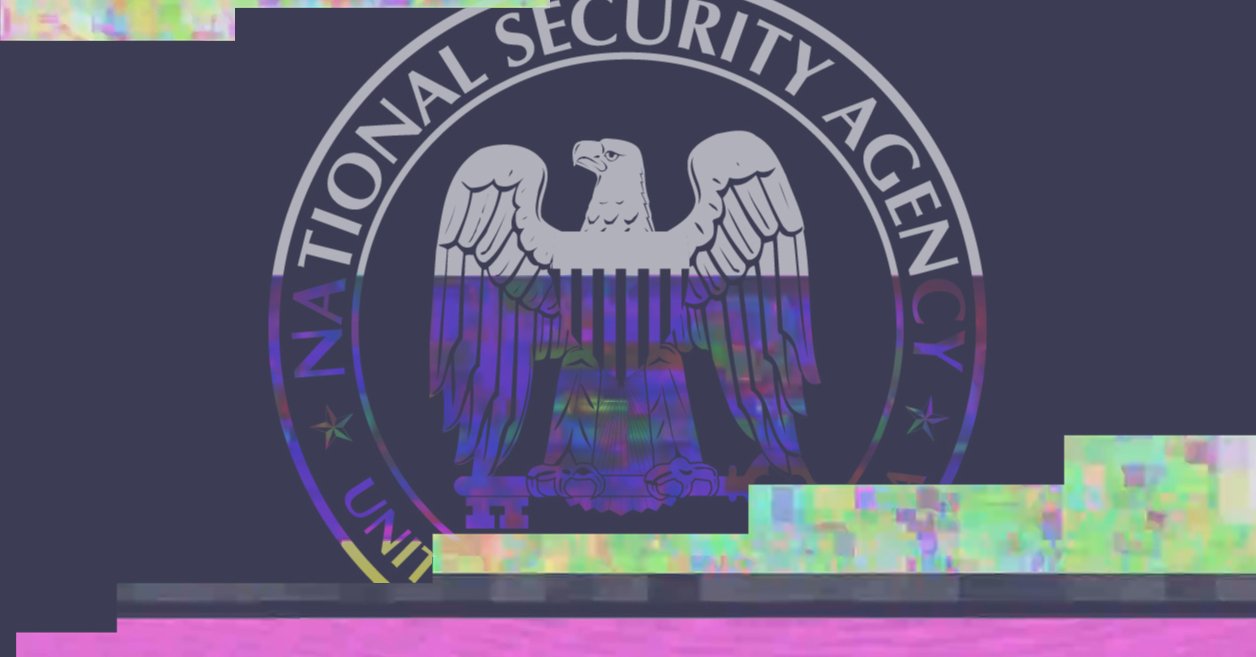Guantanamo, Bosnia & flip-flops: New NSA revelations from Snowden leaks
The NSA participated in Guantanamo Bay interrogations, while the US military took part in a rendition from Bosnia, newly released leaks by whistleblower Edward Snowden show. A decade’s worth of NSA newsletters will be published over the coming months.
On Monday, The Intercept published the first three months’ worth of SIDtoday, the NSA newsletter named after the Signals Intelligence Directorate (SID). The first release contains 166 documents from 2003, and will run until the publication of the most recent issues in its Snowden Archive, the trove of documents collected by the former NSA contractor, which are dated through 2012.
Starting today, The Intercept is broadening access to the Snowden Archive. Details within:theintercept.com/2016/05/16/the…
SIDtoday contained revelations that NSA worked alongside other government agencies on interrogating prisoners at the Guantánamo Bay detention camp in Cuba, including formulating the questions and interrogation strategies.
An October 2003 article advertised the opportunity to “get to GITMO for 90 days.” It described the duties of the NSA liaison at Guantanamo as coordinating with the “[Department of Defense], CIA, and FBI interrogators on a daily basis in order to assess and exploit information sourced from detainees,” as well as providing “sensitive NSA-collected technical data” to help the interrogation efforts.
During a week at the base, one NSA liaison reported in the newsletter, he would “pull together intelligence to support an upcoming interrogation, formulate questions and strategies for the interrogation, and observe or participate in the interrogation.”
The NSA declined to comment on that story, The Intercept noted.
"What was the Iraq war like?"—internal NSA presentation on ***JUNE 6, 2003*** theintercept.com/snowden-sidtod…
Another NSA employee described the rendition from 2002, when US troops in Bosnia-Herzegovina seized six men and secretly transported them to the prison camp in US-held Cuban territory. The Algerian-born men had been jailed for six months on charges of plotting to blow up the US embassy, but were due to be released for lack of evidence. The only indication of their guilt was NSA intelligence, which the agency did not share with the Bosnian government.
It was the only known rendition operation by the US military outside of Afghanistan; other such operations were staged by the CIA. All of the “Algerian Six” were eventually released from Guantanamo without charges by 2013.
Among the 166 documents released on Monday are accounts about NSA experiences in the 2003 invasion of Iraq, a successful spy operation against North Korea, information about tapping into foreign satellite feeds (FORNSAT program) and revelations of how the demand for signals intelligence skyrocketed in the wake of September 11, 2001 terror attacks, from 300 in the immediate aftermath to 1,700 by the end of that year.
On another level, the newsletter functioned like a small-town newspaper, complete with an advice column (“Ask Zelda!”) that cautioned the “fierce SIGINT warrior” against wearing flip-flops and shorts in the hot summer months, according to The Intercept’s Peter Maas.
Monday’s release was part of an effort by The Intercept to expand the release of the Snowden Archive documents to more news outlets around the world. The magazine’s staff has carefully examined the files, redacted the names of low-level officials and innocents who could be harmed by the disclosures, and given the NSA an opportunity to comment on the materials, according to editor in chief Glenn Greenwald.
“We encourage other journalists, researchers, and interested parties to comb through these documents, along with future published batches, to find additional material of interest. Others may well find stories, or clues that lead to stories, that we did not. A primary objective of these batch releases is to make that kind of exploration possible,”Greenwald wrote.
The Intercept believes some of the documents in the Snowden Archive should not be published, “because of the severe harm they would cause innocent people,” Greenwald said, citing as examples private communications intercepted by NSA whose disclosure “would destroy privacy rights” and government speculation about actions of “private individuals (typically from marginalized communities)” that would “permanently destroy reputations” if made public.
https://www.rt.com/usa/343234-snowden-archive-nsa-newsletter/






0 Comments:
Post a Comment
Subscribe to Post Comments [Atom]
<< Home